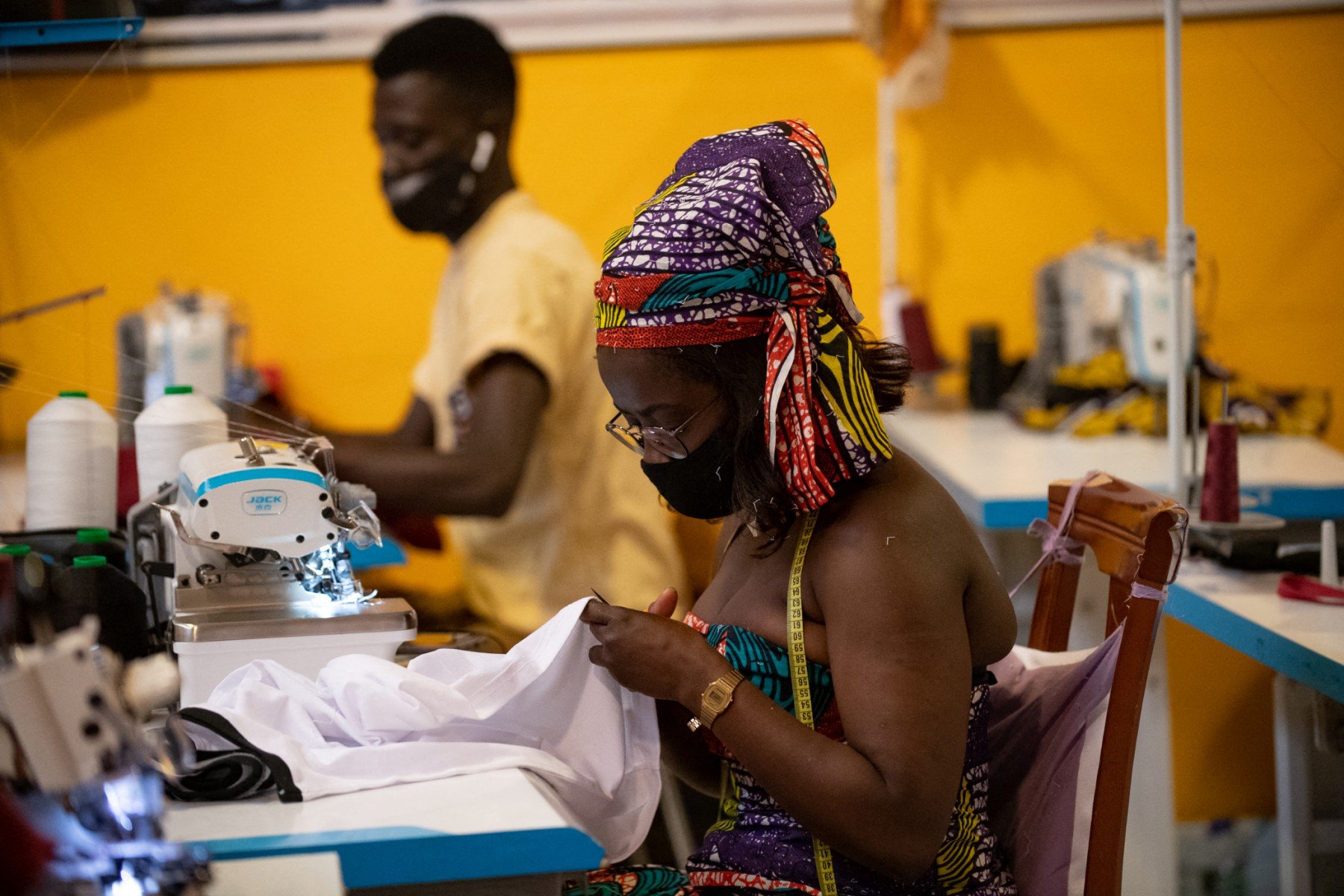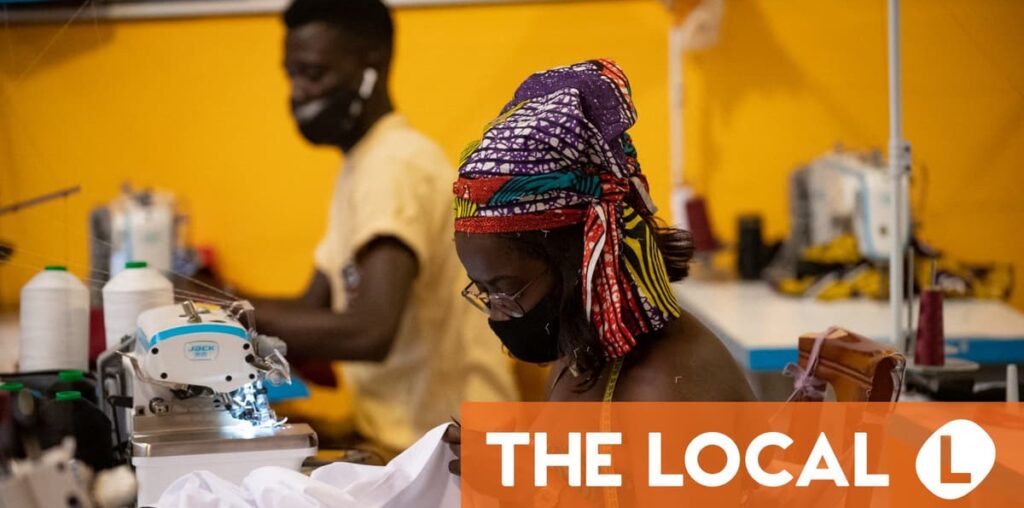
Socialist Prime Minister Pedro Sánchez says Spain needs migration to fill workforce gaps and counteract an ageing population that could imperil pensions and the welfare state.
Economic concerns are also at the heart of the latest reform, which eases requirements for visas, extends their duration in some cases and simplifies paperwork.
Advertisement
“We want to make it easier for foreigners to get a job matching their professional profile and that companies find the professionals they need,” Migration Minister Elma Saiz told a news conference.
READ ALSO: New report reveals how Spain discriminates against foreigners
The government will reduce from three years to two the period during which illegal migrants must live in Spain to automatically have a right to a visa.
A new category will regularise in this way those whose first residence permit expired without being renewed.
More than 210,000 people were authorised to live in Spain through the residency route by late 2023, the government said in a statement.
The reform could increase the regularisation rate to 300,000 people per year during the next three years, Saiz added, saying the measures would fight mafias and rights violations.
Almost three million foreigners represent nearly 14 percent of contributors to the country’s welfare system, she noted.
Student visas will become more flexible to allow up to 30 hours of work per week and rules around family reunions will be eased.
Spain’s more open stance on migration starkly contrasts with a trend where far-right parties campaigning on anti-immigration platforms gain ground across the European Union.
Spain is on the front line of the continent’s migration crisis, with tens of thousands of irregular arrivals landing in the Canary Islands archipelago off northwestern Africa.

